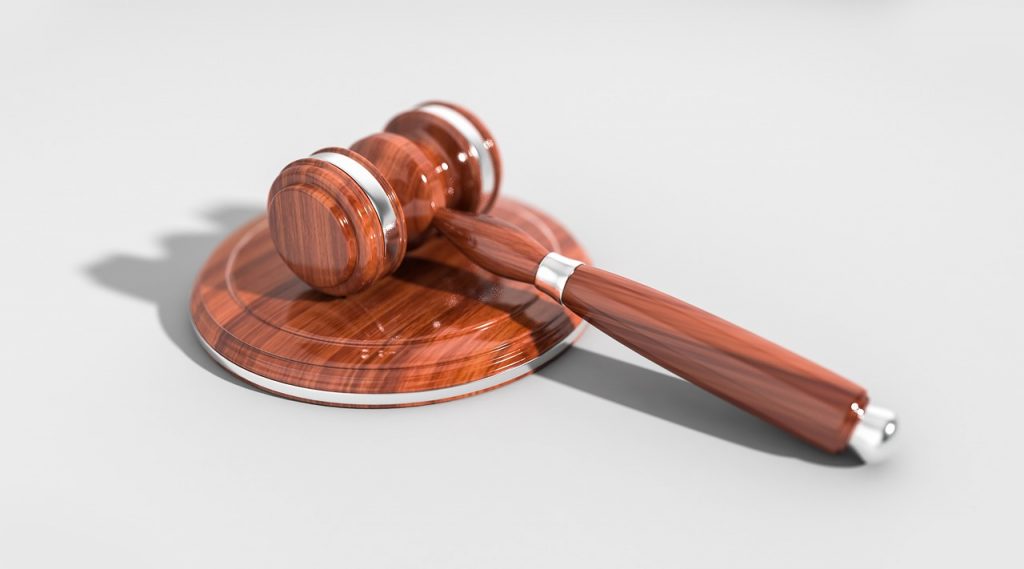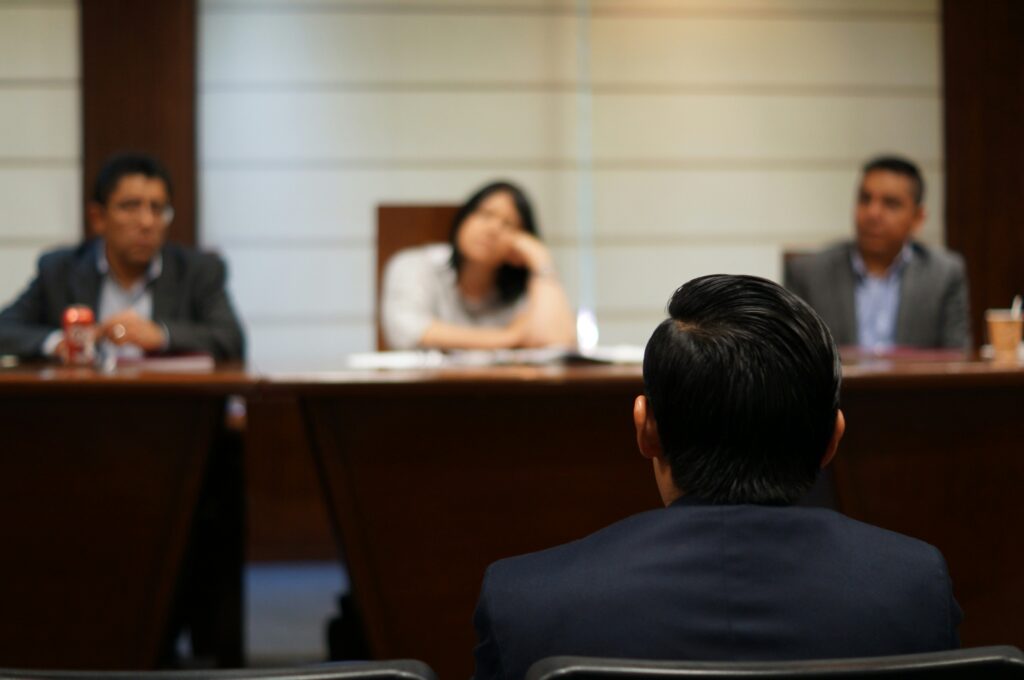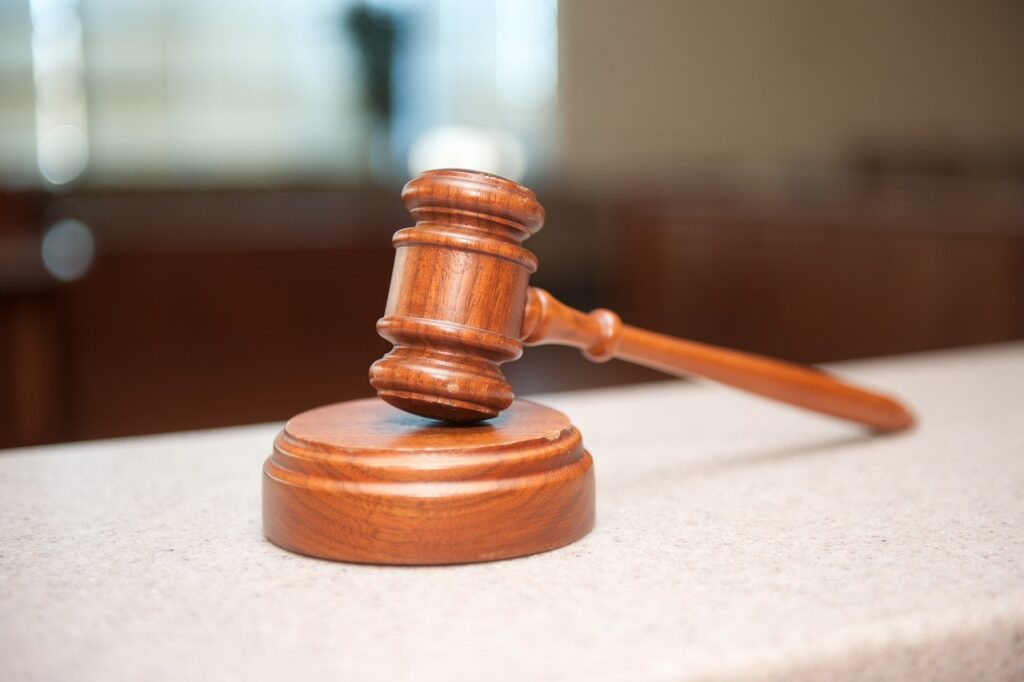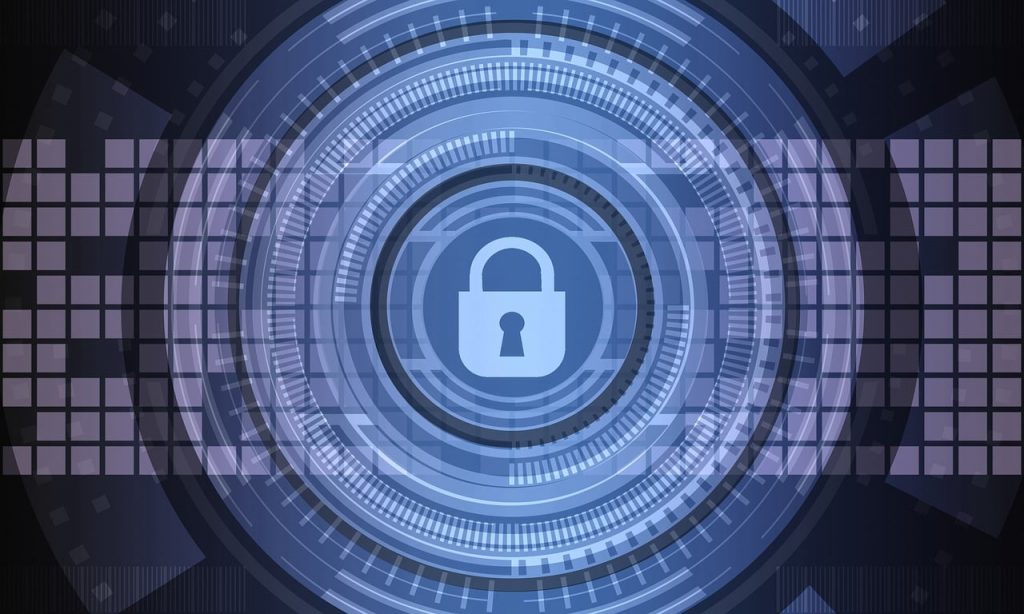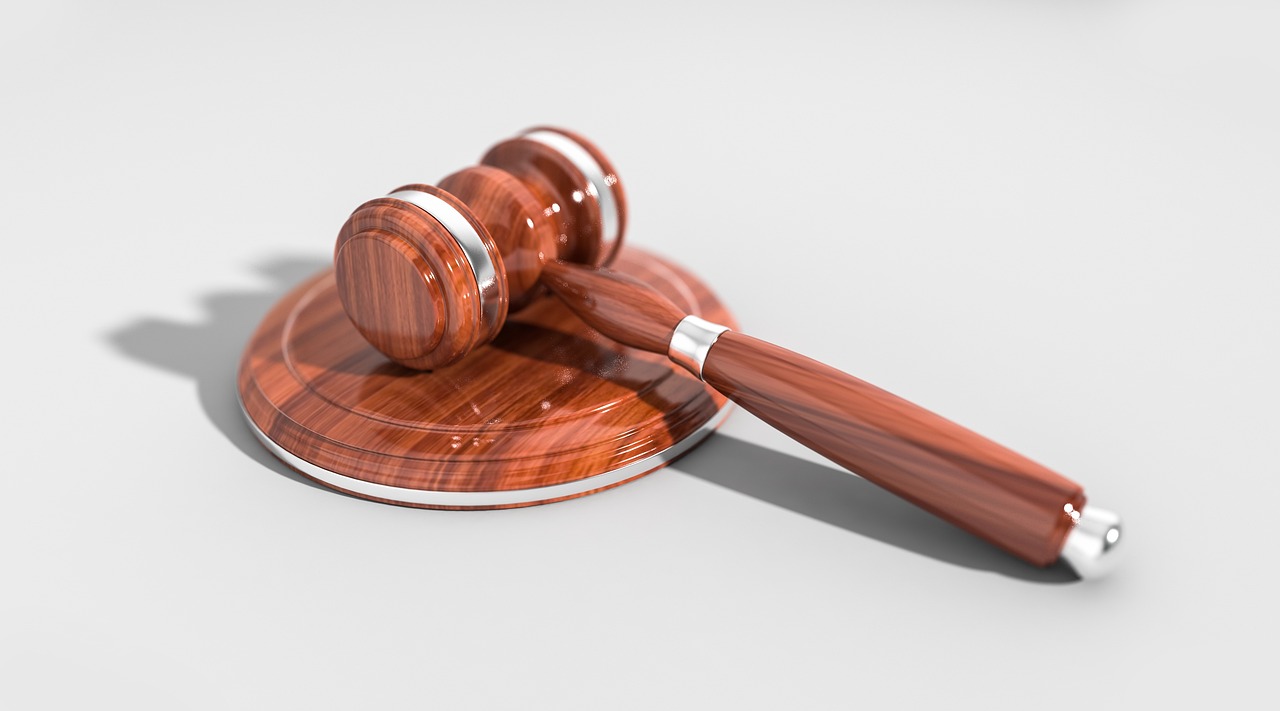
India’s constitution often hailed as one of the most progressive and comprehensive in the world guarantees its citizens fundamental rights that are vital for the functioning of a democratic society. Among the various articles that outline these rights, Articles 14, 19, and 21 hold a special significance as they form the golden triangle of the Indian Constitution. Safeguarding the principles of equality, freedom, and the right to life, these articles solidify the foundation of Indian democracy.
Article 14, which is entitled “Right to Equality,” stipulates that “the State shall not deny to any person equality before the law or the equal protection of the laws within the territory of India.” In establishing equality as a fundamental right, this article emphasizes that all people ought to be treated equally under the law, regardless of their caste, creed, gender, or religion. It prevents discrimination and ensures equal opportunities for all citizens.
Equality, however, does not mean that everybody is treated identically. Instead, it implies treating people differently based on reasonable classifications that have a rational nexus with the objective being pursued. To maintain this delicate balance, Article 14 also guarantees the right to equal protection of the laws. It ensures that the laws are reasonably applied and that no person is given undue favor or subjected to unjust discrimination.
Article 19, subtitled “Right to Freedom,” guarantees six fundamental freedoms to Indian citizens. These freedoms include the rights to freedom of speech and expression, assembly, movement, association, residence, and the right to practice any profession, occupation, trade, or business. These freedoms establish citizens’ ability to voice their opinions, peacefully protest, move freely within the country, associate with like-minded individuals, and pursue their livelihoods without undue interference.
Freedom of speech and expression, enshrined in Article 19(1)(a), is a vital pillar of any democratic society. It gives citizens the right to freely express their thoughts, ideas, and opinions, ensuring a robust exchange of ideas and fostering the growth of a pluralistic society. However, this freedom is not absolute and can be subject to reasonable restrictions for the interests of public order, morality, and national security.
Similarly, the right to assemble peaceably and without arms (Article 19(1)(b)) allows individuals to gather and collectively express their grievances or support a cause. The freedom of association (Article 19(1)(c)) permits citizens to form groups or associations to collectively pursue common objectives, further strengthening democratic participation. Article 19(1)(d) guarantees freedom of movement within the country, allowing citizens to choose their residence and travel freely.
The right to practice any profession, occupation, trade, or business (Article 19(1)(g)) is crucial for economic independence and individual self-determination. It ensures that citizens have the autonomy to choose their livelihoods and engage in lawful economic activities without unwarranted restrictions.
Article 21, often referred to as the “Right to Life and Personal Liberty,” guarantees that “no person shall be deprived of his life or personal liberty except according to the procedure established by law.” This article recognizes the inherent dignity and worth of every individual and ensures their protection against arbitrary deprivation of life or personal liberty. It acts as a safeguard against torture, custodial abuse, and extrajudicial killings, affirming the sanctity of life and the principle of due process.
The Right to Life enshrined in Article 21 has been expanded by the judiciary to encompass various facets, including the right to a pollution-free environment, the right to education, the right to privacy, and the right to dignified living conditions. This broad interpretation has allowed the Indian judiciary to adapt to the changing needs and aspirations of society.
The golden triangle formed by Articles 14, 19, and 21 of the Indian Constitution is a testament to the commitment of the framers towards establishing a just and inclusive society. These articles complement each other and ensure that citizens have equal opportunities, freedom of expression, and protection from arbitrary infringement of their rights. However, the effective implementation of these rights relies heavily on the actions of the government, the judiciary, and the citizens themselves.
While the Indian Constitution guarantees these fundamental rights, the reality on the ground often falls short of these ideals. Discrimination based on caste, gender, religion, or economic status continues to persist. Freedom of speech is sometimes curtailed in the name of preserving social harmony, and numerous citizens, particularly those from marginalized communities, are deprived of their right to a dignified life. The high number of pending cases in the courts is a clear indication that there is a delay in delivering justice.
To bridge this gap between ideals and reality, there needs to be a collective effort. The government must take proactive measures to eliminate discrimination, create an enabling environment for the exercise of fundamental rights, and ensure speedy and effective delivery of justice. Judicial reforms are necessary to address the backlog of cases and improve the efficiency of the legal system.
Moreover, citizens must be aware of their rights and actively participate in the democratic process. Individuals must educate themselves about their fundamental rights, hold accountable those in power who infringe upon these rights and engage in peaceful activism to bring about positive change.
Civil society organizations, grassroots movements, and media play a crucial role in upholding the golden triangle of Articles 14, 19, and 21. They act as watchdogs, raising awareness, advocating for marginalized communities, and holding those in power accountable. They serve as the voice of the voiceless and work towards creating an inclusive society where everyone can exercise their rights without fear or prejudice.
In conclusion, the golden triangle formed by Articles 14, 19, and 21 of the Indian Constitution represents the foundational principles of equality, freedom, and the right to life. These articles guarantee citizens equal treatment under the law, the freedom to express their opinions, associate with others, and engage in livelihoods of their choice, and protection from arbitrary deprivation of life and personal liberty. However, to ensure the effective implementation of these rights, it is essential for the government, judiciary, and citizens to work together and actively promote and protect these fundamental rights. Only then can India truly achieve its vision of being a democratic and just society where all individual rights are respected and upheld.
Reference(s):

